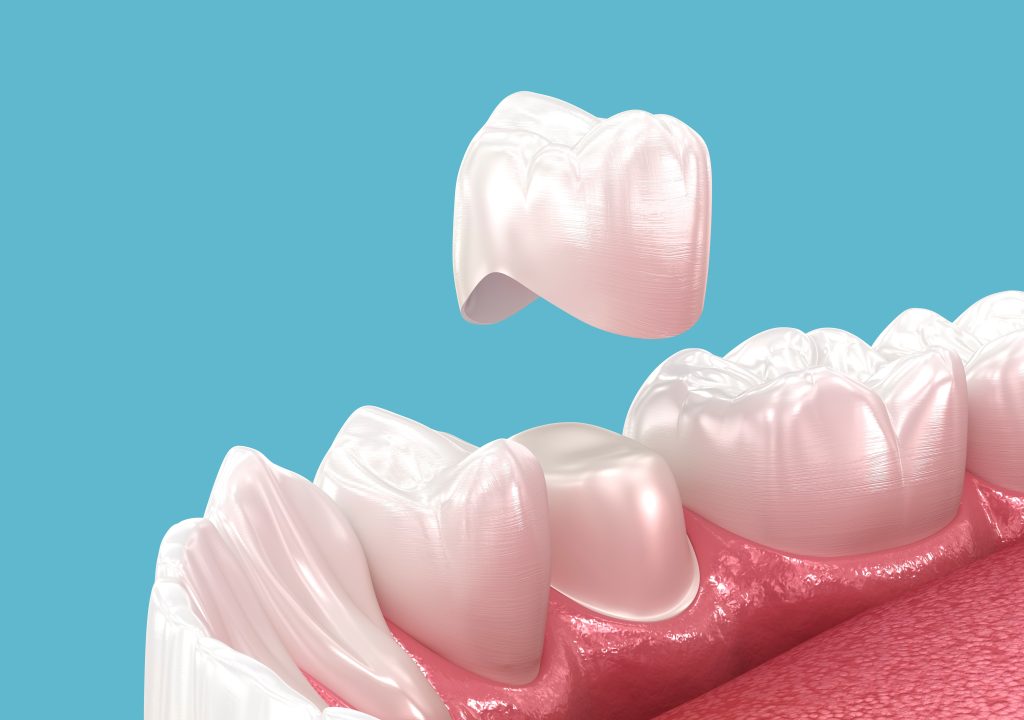 Research being conducted at the University of California-Los Angeles could lead to the development of a simple saliva test capable of early stage diagnosis of both cancer and diabetes, and perhaps certain types of autoimmune diseases and neurological disorders.
Research being conducted at the University of California-Los Angeles could lead to the development of a simple saliva test capable of early stage diagnosis of both cancer and diabetes, and perhaps certain types of autoimmune diseases and neurological disorders.
The study, the most comprehensive examination ever performed on RNA molecules found in human saliva, discovered that saliva contains many of the same molecules capable of revealing disease that are found in blood. The study was published in the online journal Clinical Chemistry.
Researchers hope to determine the presence of molecular targets in saliva, then ask what the targets present in the saliva are that can reveal a patient as having pre-diabetes or early stage pancreatic or oral cancer. Once revealed, patients can then begin to receive early care that increases their chances of recovery or remission.
Researchers also noted that the saliva tests might also hold promise for diagnosing gastric cancer, Type 2 diabetes, and other types of disease. Researchers hope their study convinces the medical community at large about the important role saliva can play in diagnosing disease.
The Study of Saliva
RNA, widely considered as a cellular messenger that creates proteins and carries out DNA’s instructions to other parts of the cell, is now better understood to carry out sophisticated chemical reactions and is thought to perform a surprising number of other function, some of which are currently unknown.
The focus for researchers at UCLA has specialized in identifying biomarkers in saliva. Researchers discovered that some of the same RNA found in human cell are also found in saliva and can be used to detect disease – a surprising finding considering enzymes in saliva can destroy RNA, transforming the mouth into a hostile environment.
Among the different types of RNA, some unusual types live in the cells and in the mouth. For example, it wasn’t discovered until recently that RNA forms circular in addition to the previously established linear form. However, researchers at UCLA identified over 400 circular RNA types in human saliva – the first discovery of circular RNA in any bodily fluid.
Currently researchers are unclear about the function circular RNA plays in the body, although it is understand that circular RNA serves as a sponge for tiny RNA molecules called microRNAs.
In addition to this revolutionary discovery, researchers are optimistic about the tremendous potential saliva has as a scientific and medical tool. In the near future, researchers suspect that dentist could be able to take saliva samples to analyze for the presence of disease.
Call our Vancouver family dental office today to schedule your appointment.






